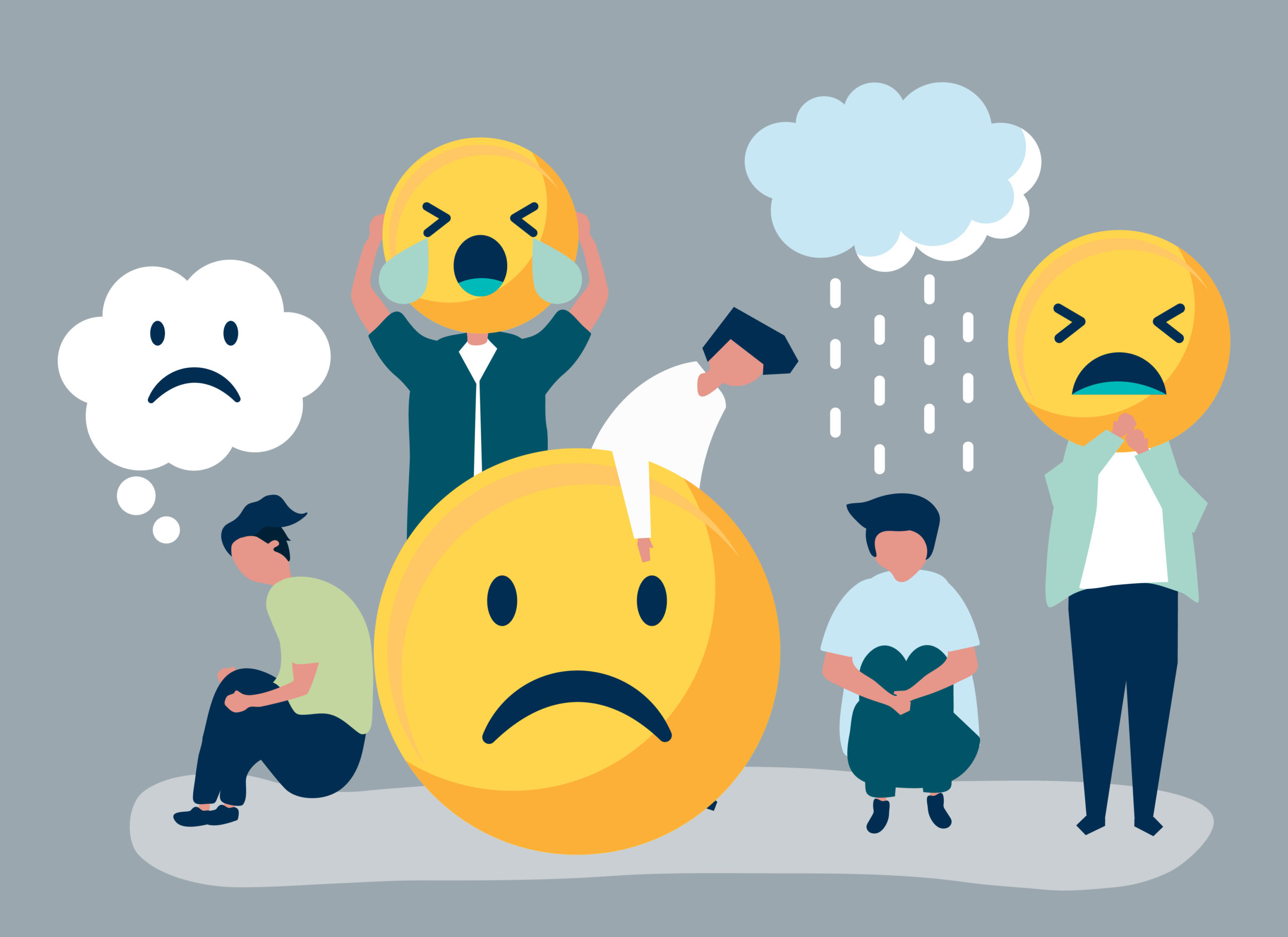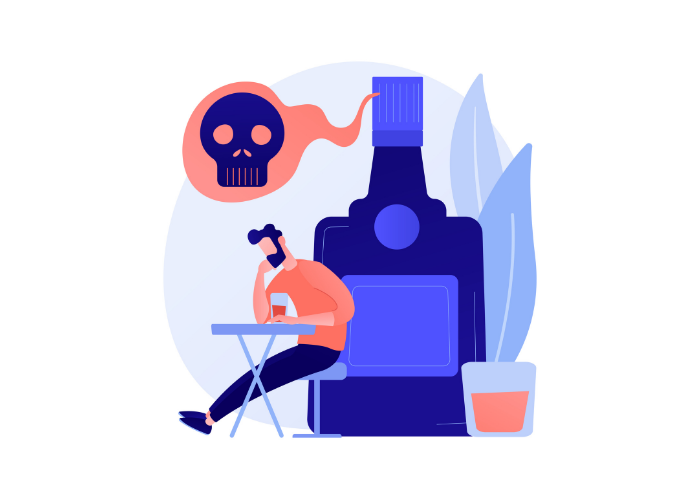
What is Depression?
- Depression ought not to be mistaken for occasional, transitory melancholy, which is normal. One or more bouts of a group of persistent symptoms characterize it, one of which is a depressed mood.
- Many people feel pitiful or discouraged. It’s a typical response to misfortune or life’s difficulties. But, when unhappiness goes on for a long time to weeks and holds you back from carrying on with your life, it could be more than misery.
- The symptoms of depression must’ve been present for at least two weeks to meet the criteria for a major depressive episode.
- According to the Centers for Disease Control and Prevention (CDC) estimation, around 8.1 percent of American grown-ups over the age of 20 had depression in some random 2-week time frame from 2013 to 2016.
Types of Depression:
A few types of depression are extraordinary, or they may create under exceptional conditions. There are a couple of kinds of depressive disorder specialists can analyze, including:
- A depressed state of mind that continues for at least two years, known as persistent depressive disorder (previously called dysthymia).
- Disruptive mood dysregulation disorder, when kids and teenagers get grouchy, furious, and regularly have extreme upheavals that are more serious than a youngster’s commonplace response.
- Many women develop postpartum depression, which is considerably more dangerous than the “baby blues,” which are moderate melancholy and anxiety symptoms that usually disappear within two weeks after delivery.
- Premenstrual dysphoric disorder, when a female experience extreme mood-related problems before her period, is more significant than a common premenstrual condition (PMS).
- Psychotic depression happens when an individual has significant despondency besides some sort of psychosis, for example, experiencing upsetting bogus fixed convictions (delusions) or hearing or observing disturbing things that others can’t hear or see (hallucinations).
- The emergence of depression mostly in winter months, when there is less ambient sunlight, is known as a seasonal affective disorder.
Symptoms of Depression:
Depression manifestations can shift from mild to serious. Symptoms should last around fourteen days and should address a change of your past working for proper analysis of depression.
- Feeling sad or an absence of feeling
- Loss of interest or joy in activities once appreciated
- Weight loss or weight gain may accompany changes in appetite
- A lack of energy or easy tiring
- Persistent feelings of guilt or worthlessness
- Trouble thinking, focusing, and forgetfulness.
- Sleep disturbance, especially early morning awakening
- A slowing of psychomotor functions or conversely, restlessness and agitation
- Suicidal ideation or thoughts related to death and dying
Causes of Depression:
Specialists haven’t been able to determine the exact cause of depression. They believe a combination of factors influences depression, including:
Neurotransmitters, which are certain chemicals in the brain, play a role in regulating your mood. It’s conceivable that in case you’re depressed, this is because these chemicals aren’t working as expected.
Scientists haven’t yet discovered the genes that may cause depression. However, if someone in your family suffers from it, you are more likely to suffer from it as well.
Individuals with low confidence, who are easily overpowered by pressure, or who are skeptical, seem to be bound to encounter depression. Uncovering viciousness, disregard, misuse, or neediness may make a few groups more defenseless against depression.
Treatment of Depression:
Medications:
Antidepressants are the treatment of choice for depression. They work on specific chemicals in the brain considered neurotransmitters that balance our mood and energy levels.
While there are a few classes of antidepressants, Selective Serotonin Reuptake Inhibitors (SSRIs) are the most ordinarily endorsed. Antidepressants ought to be taken under the supervision of certified medical services proficient and taken as recommended.
Patients could see improvements in the first two weeks after using an antidepressant. If a patient feels mild to no improvements following half a month, their therapist can change the dose of the medicine or add or substitute another antidepressant.
Psychotherapy/ Talk Therapy:
A few kinds of psychotherapy are used to treat depression.
The most well-known ones incorporate steady psychotherapy, Cognitive-Behavioral Therapy, Interpersonal Psychotherapy, Mindfulness-Based Therapy, and Psychodynamic Psychotherapy. Psychotherapy commonly includes meeting with a specialist for 40-50 minutes more than once per week.
Research clearly shows that treatment outcomes are best when medication and psychotherapy are combined. Treatment may take a couple of weeks or a much longer period based on the severity of the depression. There can be considerable improvements in 10-15 sessions most of the time.
People can do a variety of things to ease the symptoms of depression. Medication and talk therapy will be most effective if you use them with a deliberate effort to address life stressors and harmful behaviors.
Lifestyle Modification/ Self-Help:
A small lifestyle change can assist to mitigate the severity of depression, for example.
- Educating yourself about depression
- Make oneself physically active by exercising regularly.
- Incorporating exercise in your life.
- Setting short- and long-term goals designed to promote mental and physical wellbeing.
- By getting adequate sleep and avoiding alcohol, you can improve your health
- Increasing socialization.
- Sharing your problems and concerns with friends and family.
If you found this post useful, please provide us with your valuable feedback. If you’re suffering from depression and need assistance, turn to our platform, which has a team of specialists who can help you in person or virtually.



